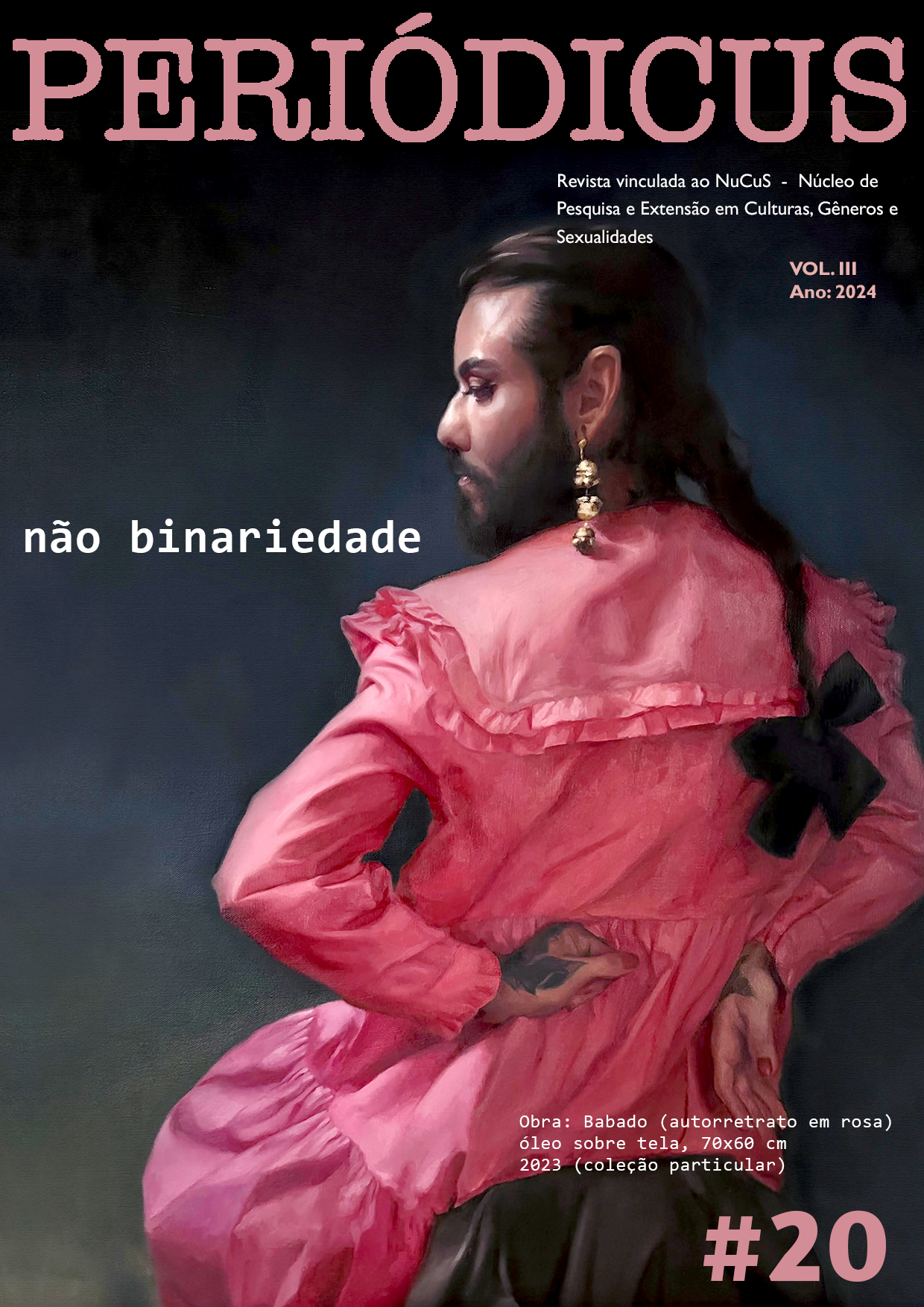Hazte Oír e o aprendizado político do OIB, um think tank do movimento antigênero brasileiro
DOI:
https://doi.org/10.9771/peri.v3i20.57396Resumo
Este estudo foca no aprendizado político resultante da aliança transnacional entre o Observatório Interamericano de Biopolítica (OIB) e a organização espanhola Hazte Oír, que contribuiu para a atual configuração do movimento antigênero no Brasil. A pesquisa adota a hipótese de que a mentoria da Hazte Oír proporcionou ao OIB um aprendizado político significativo, refletindo-se no fortalecimento de suas capacidades de advocacy e na consolidação de sua posição como um think tank influente no debate sobre sexualidade e gênero no contexto de 2013 a 2022. Utilizando o arcabouço da Advocacy Coalition Framework (ACF), o estudo analisa as dinâmicas de ação do OIB, focando especialmente na interação entre os atores envolvidos e na evolução de suas táticas. A metodologia qualitativa empregada baseia-se na análise de um corpus diversificado de fontes documentais, incluindo artigos de jornais, documentos oficiais e material de audiências públicas. As conclusões indicam que o aprendizado político adquirido por meio dessa parceria não apenas fortaleceu as capacidades do OIB, mas também o posicionou como um agente central na promoção de uma agenda conservadora no Brasil.
Downloads
Downloads
Publicado
Como Citar
Edição
Seção
Licença
Copyright (c) 2024 Ana Kelma Cunha Gallas, Olivia Cristina Perez

Este trabalho está licenciado sob uma licença Creative Commons Attribution-NonCommercial 4.0 International License.
Autores que publicam nesta revista concordam com os seguintes termos:
Autores mantêm os direitos autorais e concedem à revista o direito de primeira publicação, com o trabalho simultaneamente licenciado sob Licença Creative Commons Attribution Noncommercial que permite o compartilhamento do trabalho com reconhecimento da autoria e publicação inicial nesta revista, sendo vedado o uso com fins comerciais.
Autores têm autorização para assumir contratos adicionais separadamente, para distribuição não-exclusiva da versão do trabalho publicada nesta revista (ex.: publicar em repositório institucional ou como capítulo de livro), com reconhecimento de autoria e publicação inicial nesta revista.
Autores têm permissão e são estimulados a publicar e distribuir seu trabalho online (ex.: em repositórios institucionais ou na sua página pessoal) a qualquer ponto antes ou durante o processo editorial, já que isso pode gerar alterações produtivas, bem como aumentar o impacto e a citação do trabalho publicado (Veja O Efeito do Acesso Livre).








